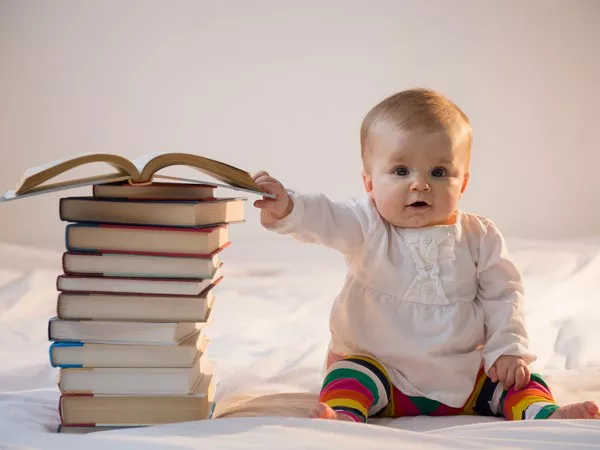The birth of a child is a joyous and exciting time, and parents strive to create a safe and nurturing environment for their newborns. One crucial aspect of infant care is protecting their delicate hearing. While it may seem like infants are shielded from the noisy world outside the womb, it’s essential to understand the potential risks of exposing newborns to loud sounds. In this article, we will explore the effects of loud noise on newborn hearing and provide guidance on how to safeguard their auditory health.
The Vulnerability of Newborn Hearing:
Newborns are born with a remarkable ability to hear, although their auditory system is still developing. The tiny hair cells in the cochlea, responsible for transmitting sound signals to the brain, are delicate and easily damaged. Exposure to excessive noise levels can harm these fragile structures, leading to temporary or permanent hearing loss.
Understanding Decibels:
Sound is measured in units called decibels (dB). It is crucial to recognize that even brief exposure to high decibel levels can be detrimental to newborn hearing. To put it into perspective, a typical conversation registers around 60 dB, while a crying baby can reach 70 dB. However, sudden loud noises, such as fireworks or a clap of thunder, can produce sounds well over 100 dB, which can be harmful to anyone’s hearing, especially newborns.
Risks Associated with Loud Noise:
- Hearing Loss:
Prolonged exposure to loud noises can damage the delicate hair cells in the cochlea, resulting in sensorineural hearing loss. This type of hearing loss is often permanent and cannot be reversed.
- Auditory Processing Issues:
Even if newborns do not experience hearing loss, exposure to loud noise can affect their ability to process sound. It may lead to difficulties in speech and language development.
- Sleep Disruptions:
Loud noises can disrupt a newborn’s sleep patterns, making it challenging for them to get the rest they need for proper growth and development.
- Cognitive and Behavioral Impact:
Studies have suggested a potential link between early exposure to excessive noise and cognitive and behavioral issues in children later in life.
Protecting Newborn Hearing:
- Reduce Household Noise:
Minimize noise levels in your home by avoiding unnecessary loud appliances or television volumes. Consider using noise-canceling curtains or installing insulation to reduce external noise.
- Create a Soothing Environment:
Design a calm and peaceful space for your newborn, utilizing soft sounds or white noise machines to create a soothing atmosphere.
- Limit Exposure to Loud Events:
Avoid exposing your newborn to loud environments, such as concerts, sporting events, or fireworks displays. If unavoidable, use ear protection designed for infants and ensure they are fitted properly.
- Monitor Volume Levels:
Pay attention to the volume levels of toys, mobile devices, and other gadgets your newborn interacts with. Opt for toys with adjustable volume or those designed specifically for infants.
- Educate Family and Caregivers:
Inform relatives, friends, and caregivers about the importance of maintaining a quiet and safe environment for your newborn. Request their cooperation in minimizing unnecessary noise.
Conclusion:
As parents, it is our responsibility to protect our newborns from potential harm, including the detrimental effects of loud noise on their delicate hearing. Understanding the risks associated with excessive noise and taking proactive measures to create a quiet and soothing environment are essential steps in safeguarding their auditory health. By being mindful of noise levels and employing protective strategies, we can ensure that our little ones have the best possible start in life, with healthy and well-developed hearing abilities.


